Reports
07.02.2007 NGOs TO MONITOR AUDIOVISUAL CODE ENFORCEMENT
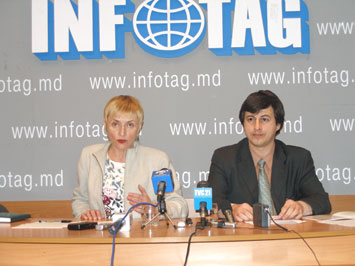
Chisinau, February 7 (Infotag). Eleven Moldovan non-governmental organizations working in the mass-media and human-right fields – the Independent Press Association, Independent Journalists Association, Acces-Info Center, Independent Journalism Center, and other – will monitor the observance of the Code of Television and Radio throughout the year 2007.
Corina Fusu, Deputy Chairwoman of the Committee for Protection of Human and Professional Rights, told a news conference in Infotag today that in the framework of this Project, the organizations will be also monitoring the activities of the Teleradio-Moldova public service broadcaster.
She said the Project is targeted at creating a public mechanism of control over enforcement of the new legislation in the television and radio sphere. In her opinion, quite a few violations of the new legislation have already taken place over the 6 months since the Code adoption.
“The Audiovisual Coordinating Council was formed in absence of a transparency, clear or trustworthy criteria, and abounded in violations of the Code-stipulated timing. The first stage of establishing the Teleradio-Moldova Supervisory Board was not transparent, either”, Fusu said.
She presumes the monitoring should let the non-governmental organizations to promptly react to instances of violation of the law.
The project participants will scrutinize the situation at Chisinau broadcasters – Antena-C radio station and EuroTV channel. Project lawyer Eugen Ribca presumes these two companies are being treated with gross violations of the legislation.
He said, in Moldova the conversion of public property into private property is only permissible on the basis of the Privatization Law, which envisages that a parliament decision must be passed for this, or on the basis of the Civil Code reading that a privatization deed shall be recognized as null and void if only one property aspirant has applied for the privatization of the object concerned. It was also illicit to fire 14 Antena-C employees, to appoint new directors and deputy directors, and to re-shape the station’s broadcasting schedule.
Eugen Ribca stressed a part of the guilt for these developments is on the Audiovisual Coordinating Council, which is supposed to react to the violations but has not done it.


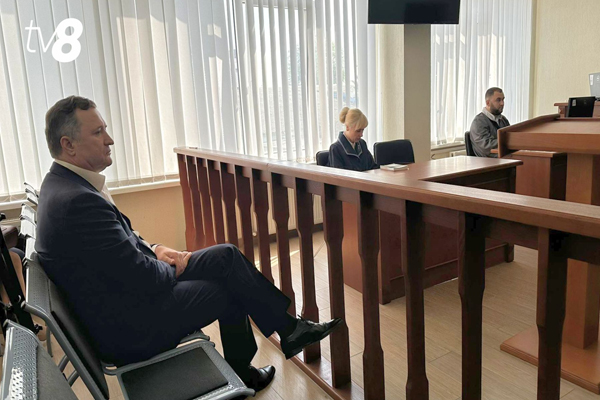


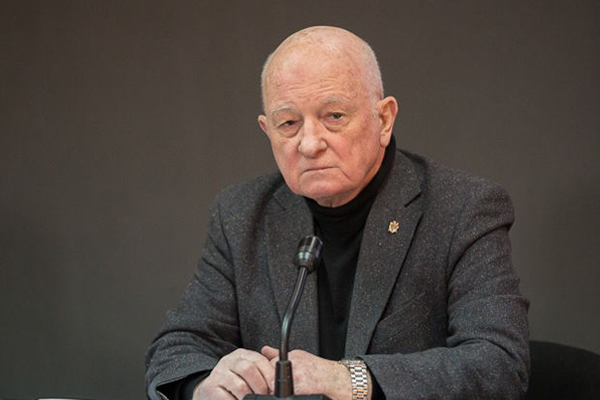
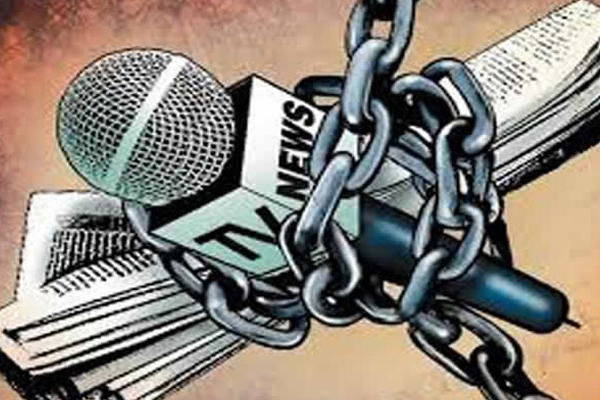
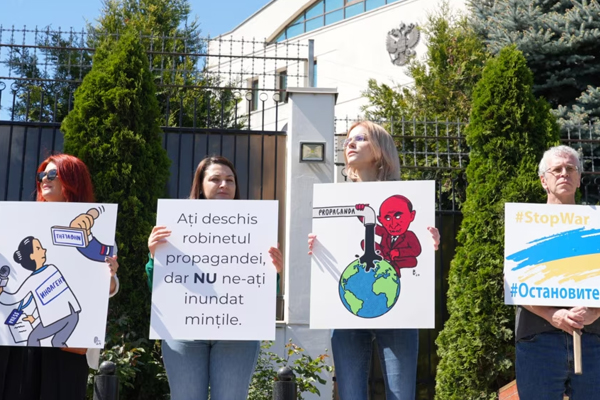
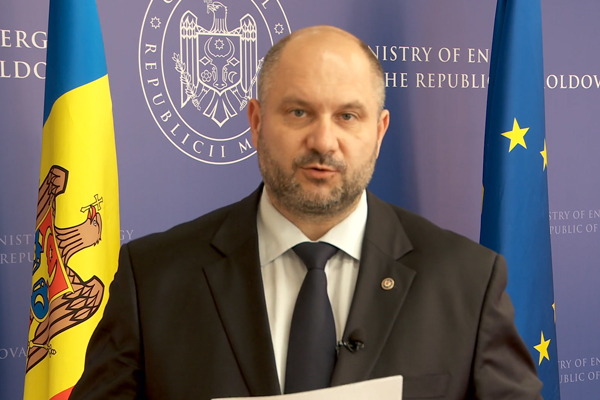

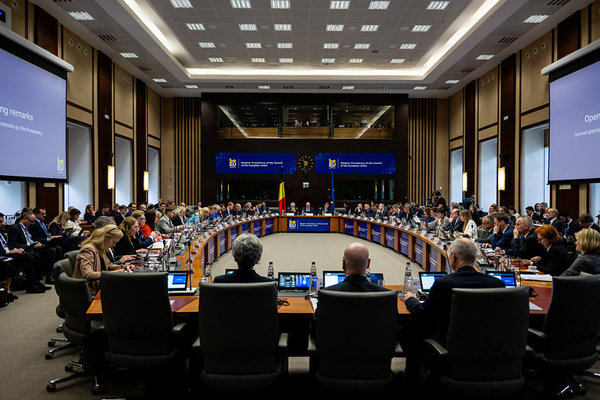



Add comment